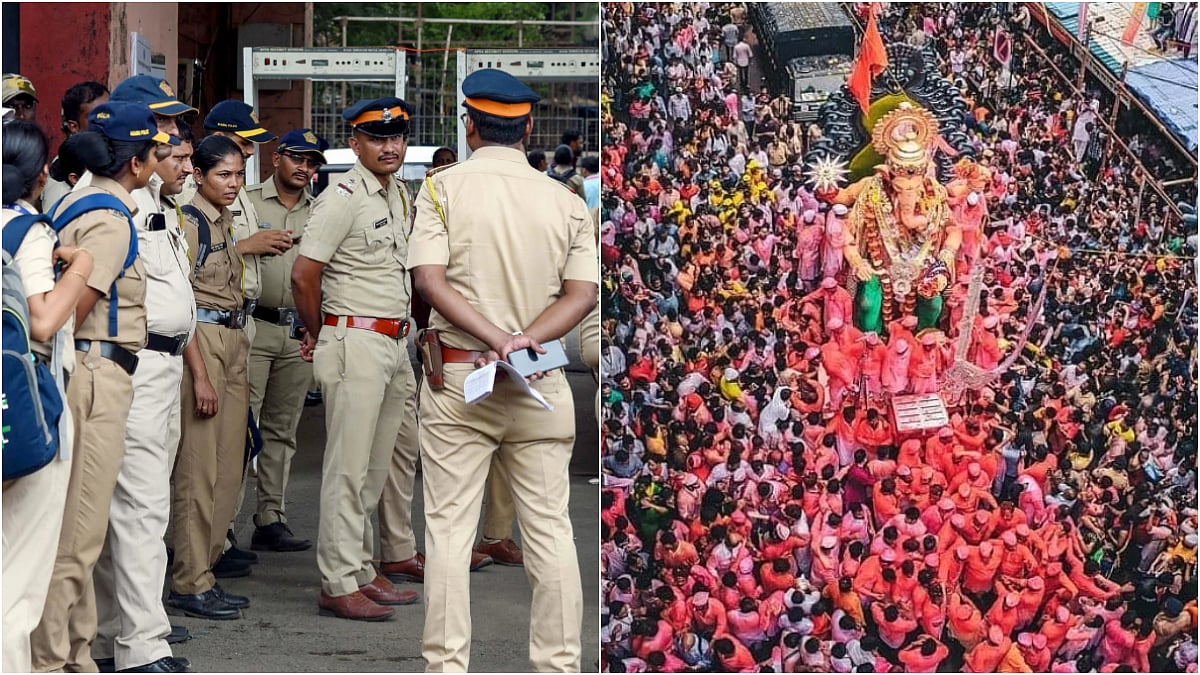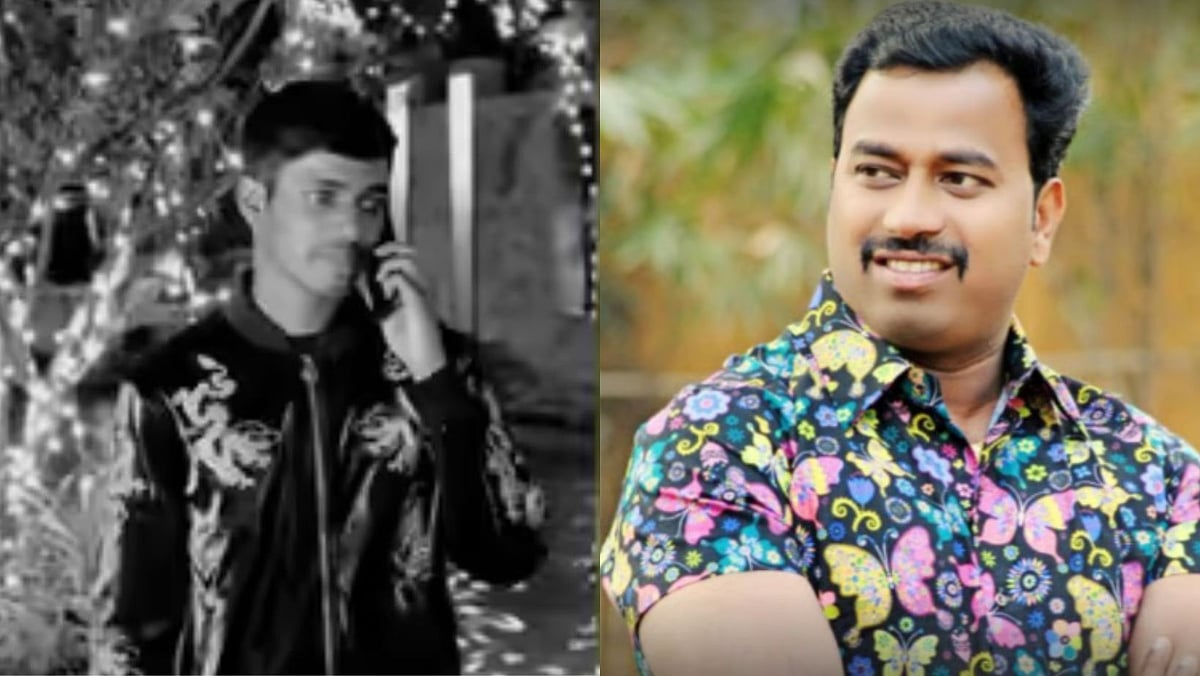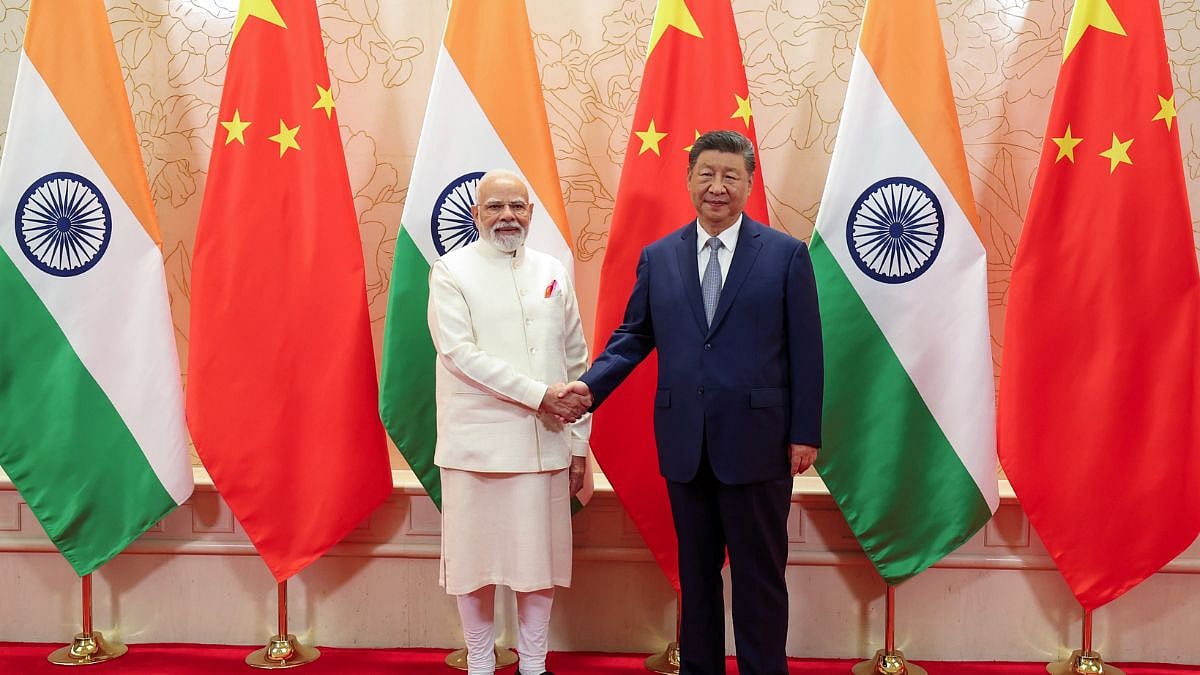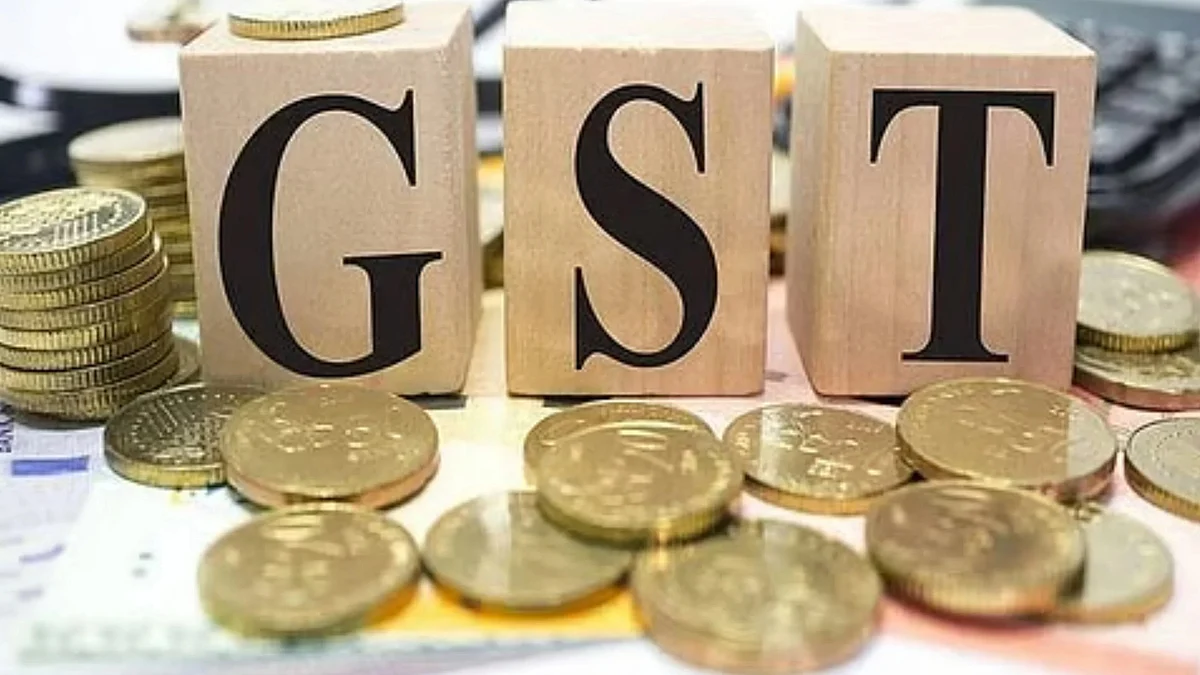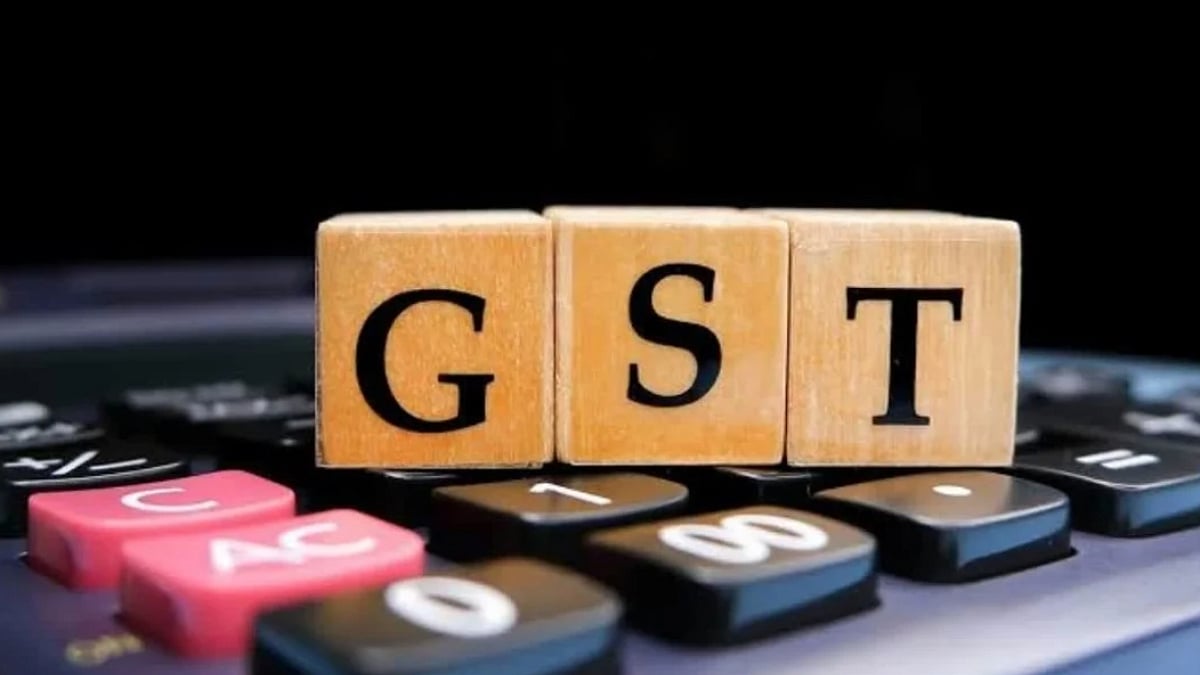The world has been caught up in an atmosphere of uncertainty for the past two years owing to the Covid-19 pandemic. Mere survival was the predominant question for people. Along with physical illness, people also became susceptible to mental health issues. The constant unnerving feeling of “How to live now?” made its way into our hearts and minds and changed our perspective towards issues facing society. The feeling of loneliness and existential questions like “What do I want to do?” and “What is my relationship?” took over.
In the wake of this, the thought of helping others gradually seems to be getting extinct as well. Very few come forward to help the injured in road accidents or run to douse flames if a fire breaks out next door. People do not raise voice against injustice either. If a society gets so insensitive, how can its mental health be fine? But who has the time to introspect? A family staying under one roof does not come together and talk to one another. How many of us greet guests at home courteously? “I don't have the time” is the all-time favourite excuse, and an easy escape route to avoid meeting someone. And so it is that while we live in a society in groups, human beings are getting lonely.
People also seem to be getting more self-centred now, with friendships and relationships becoming more formal. Nuclear families are the reality of the day, and if artificial and formal feelings are getting established in society, how does one open up and share one’s thoughts with others?
There was a time when there would be talks, discussions, meetings, get-togethers, seminars, and even community meals that brought society together and strengthened bonds. Every relationship, whether with one’s father, mother, sister, siblings and friends, had deep roots in the heart. This would ensure a positive dialogue, conveying realisations of right and wrong among other things.
Once upon a time even distant relatives would get a rousing welcome in a small 10x10 room in Mumbai's chawls. Guests would be entertained with warmth. A number of families would mushroom in that tiny place, which would pave the way for somebody's education or serve a patient with the spirit of oneness. However, in today's spacious two- and three-BHK flats there is an absence of brotherhood, love, gratitude and self-respect. Meetings with friends and relatives seem to have lost the touch of proximity.
People these days rush to their hometowns in the Konkan for Holi and the Ganesh festival. Otherwise locked homes are opened up and cleaned. People get engaged in pujas and aartis through Facebook Live, sing the same old bhajans, play traditional games and return to the cities after visarjan. Though the entire village is crowded during festivities, nobody meets one another. Social dialogues find no place due to the fast life and increasing urbanisation.
In the old days, listening to the radio was a means of one-way communication. The advent of television allowed people to listen and view too. Now, in the age of information technology, though there is an increase in interaction and immense scope for two-way communication, it has become very tech-oriented and more artificial. With the continual evolution of mobile phones, cut-paste, fast-forward, likes-dislikes have gained in significance. A person today is deeply engulfed in this virtual world and has practically lost herself, not knowing what is happening around her. She is literally not bothered about the world immediately around her.
During the pandemic, the entire world came to a standstill. There was a sudden break in every activity, whether going to office, visiting relatives or gathering with friends. This finished the sweetness in relationships. The fun-filled greetings of Dussehra, Diwali and Rakshabandhan have been replaced with good morning, good evening and good night wishes. Today birthdays and wedding anniversaries are celebrated on social media with fanfare whereas previously, when people would personally meet during festivals, the fragrance of love would spread throughout the neighbourhood. Every individual would eagerly wait for the special festival menu, feel the excitement of meeting loved ones, and hope for his wish to be fulfilled.
Costly gifts sent through online modes do not bear the warmth and love that was once to be found in a small gift wrapped in an old piece of cloth and sent from the village.
Once upon a time community gatherings, seminars, discussions, lecture series would ensure a give-and-take of thoughts, knowledge and art. The idea of educating oneself had a significant importance. For this, however, one needs to spare time and establish a dialogue. It needs a positive mindset and a will, which appears to have been lost today. The dialogue in individual households, societies, offices and public places is gradually disappearing. Very few share their joy and grief openly with friends and colleagues, or pat someone on the back. There is a dearth of trust, and this is widening the gap in relationships. Probably this is the reason why nobody runs to help another at a time of crisis. This is not miscommunication but a society without dialogue – interaction taking away humanity.
It’s not just the home; today social dialogue in the workplace, public places and society in general seems to be on its way to extinction.
(Translated from the Marathi by Awadhoot Pathak.)
Prakash Sawant is Executive Editor of NavShakti


